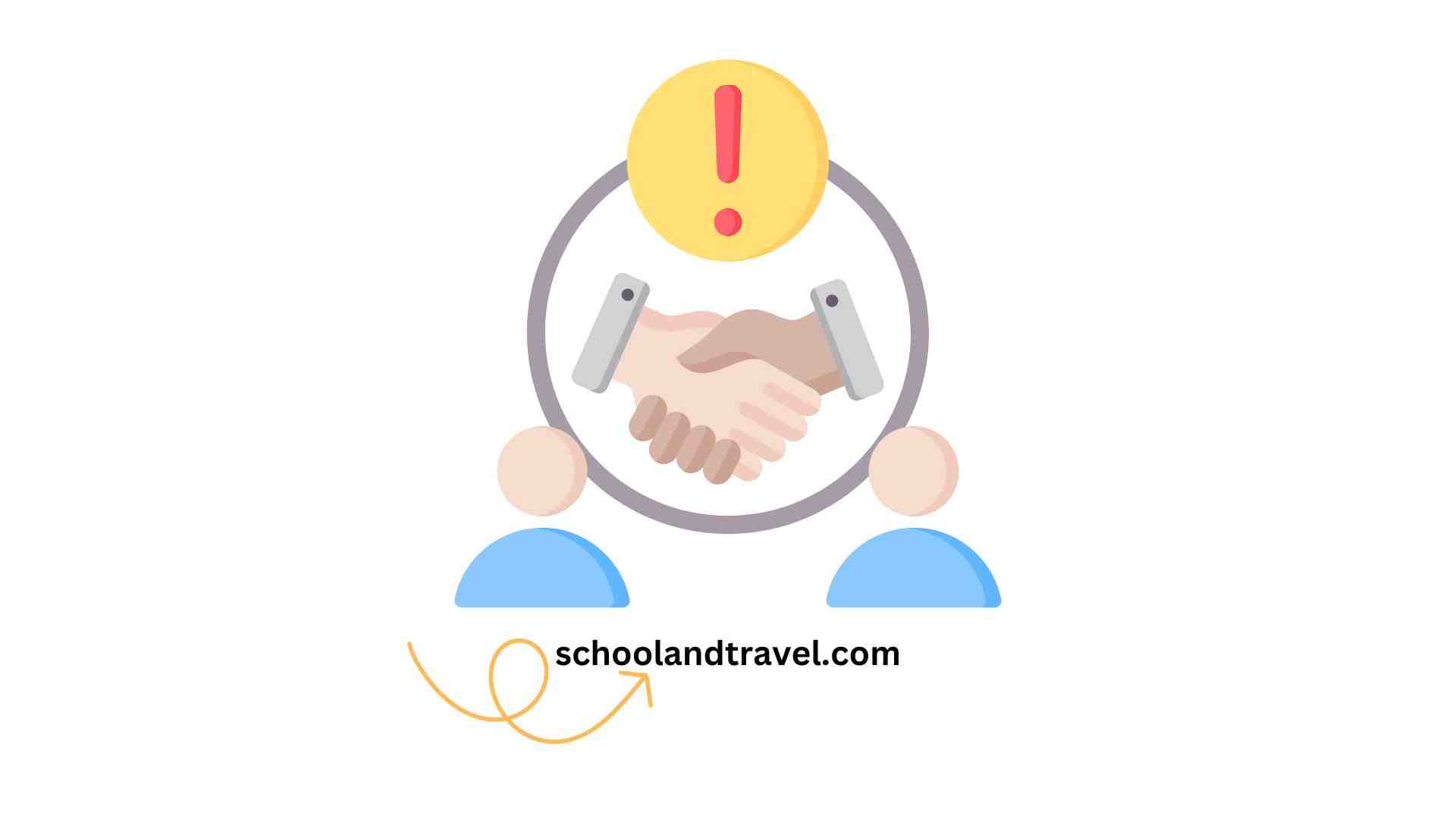Yes, getting an RBT Certification is worth it.
In Applied Behavior Analysis (ABA), the Registered Behaviour Technician (RBT) certification has gained significant prominence as a pathway to a career focused on helping individuals with developmental disabilities and behavioral challenges.
However, like any professional certification, pursuing RBT certification requires careful consideration.
This article will explain why getting an RBT Certification is a good thing and other vital information regarding this certification.
What is a RBT Certification?
The Registered Behaviour Technician (RBT) certification is a credential offered by the Behaviour Analyst Certification Board (BACB), which sets the standards for Applied Behavior Analysis (ABA) practitioners.
The RBT designation signifies that an individual possesses the necessary skills and competencies to work as part of a team under the supervision of a Board Certified Behavior Analyst (BCBA) or Board Certified Assistant Behaviour Analyst (BCABA).
RBTs play a vital role in implementing behavior intervention plans, collecting data, and supporting individuals with developmental disabilities in various settings, including schools, clinics, homes, and community centers.
Benefits of RBT Certification
Here are the key reasons why getting an RBT Certification is a good decision:
1. Entry into a Rewarding Field:
For individuals passionate about positively impacting the lives of those with developmental disabilities, RBT certification provides a stepping stone into this career pathway.
This certification opens doors to meaningful employment opportunities where professionals can witness tangible improvements in the lives of their clients.
2. High Demand for RBTs:
The demand for RBTs has been consistently high due to the increasing recognition of the effectiveness of ABA interventions.
As more schools, clinics, and organizations incorporate ABA services into their programs, the need for certified technicians to implement these interventions has grown.
3. Career Growth Potential:
While the RBT certification is entry-level, it also serves as a foundation for career advancement.
Many RBTs pursue higher-level certifications, such as BCABA or BCBA, which offer greater responsibilities, autonomy, and earning potential.
4. Skill Development:
RBT training provides individuals with a comprehensive understanding of ABA principles, behavior assessment, and intervention techniques.
This knowledge equips RBTs with the skills to address various behavioral challenges and contribute meaningfully to their client’s progress.
5. Personal Fulfilment:
Working as an RBT offers the opportunity to witness personal growth and achievements in clients, fostering a sense of fulfillment and satisfaction that comes from knowing you have played a role in improving their quality of life.
6. Job Stability:
The demand for ABA services has shown resilience even during economic downturns, making careers in this field relatively stable compared to other industries.
Components of RBT Certification
1. Eligibility Requirements:
Aspiring candidates must meet specific eligibility criteria before embarking on the journey to become an RBT.
These criteria may vary slightly depending on the certifying body and the jurisdiction, but they generally include:
- Being at least 18 years old
- Having a high school diploma or equivalent
- Completing at least 40 hours of RBT training that covers specific content areas outlined by the Behavior Analyst Certification Board (BACB)
- Completing a criminal background check (as required by some jurisdictions)
2. RBT Training:
The core of RBT certification is the comprehensive training that individuals must complete.
This training will give aspiring RBTs a strong foundation in ABA principles and practices. The training curriculum typically covers a range of topics, including:
- Introduction to ABA and its Principles
- Ethical Considerations in ABA
- Data collection and analysis techniques
- Behavior assessment and measurement
- Implementing behavior reduction plans
- Strategies for skill acquisition and behavior change
- Documentation and reporting
The training can be conducted through various means, including online courses, workshops, or in-person sessions.
The BACB must approve the training to align with the certification requirements.
3. Competency Assessment:
Upon completing the 40-hour training, candidates undergo a competency assessment to ensure they have absorbed and can apply the knowledge and skills gained.
The assessment involves demonstrating proficiency in critical areas through role-playing, scenario-based exercises, and practical applications.
The competency assessment is critical in verifying that candidates can effectively implement ABA interventions in real-world settings.
4. Supervised Fieldwork:
Once the training and competency assessment are completed, candidates move on to the supervised fieldwork component.
During this phase, candidates work directly with individuals under the supervision of a qualified BCBA or BCABA.
Supervised fieldwork provides candidates with hands-on experience implementing behavior intervention plans, collecting data, and effectively supporting individuals with developmental disabilities.
Supervision involves regular meetings with the supervising BCBA/BCABA to review cases, discuss progress, address challenges, and ensure that the RBT candidate is adhering to ethical and professional standards.
5. RBT Exam:
Candidates can sit for the RBT exam after completing the training and supervised fieldwork.
The exam assesses the candidate’s understanding of ABA principles and ethics and ability to apply them in real-world scenarios.
The exam consists of multiple-choice questions that cover various content areas related to the role and responsibilities of an RBT.
6. Ethical Considerations:
Ethical considerations are an integral part of the RBT certification process.
Candidates are educated about the BACB’s Professional and Ethical Compliance Code for Behavior Analysts, which outlines the ethical standards and responsibilities that behavior technicians must uphold.
This ensures that RBTs are well-informed about their ethical obligations while working with vulnerable populations.
7. On-going Professional Development:
RBT certification is not a one-time achievement; it requires an ongoing commitment to proongoingal development.
Certified RBTs must renew their certification annually by completing a minimum of 5% of their total hours (based on a set requirement) in continuing education.
This ensures that RBTs stay updated with the latest advancements, methodologies, and ethical considerations within the field.
Challenges of the RBT Certification
1. Time and Financial Investment:
RBT certification requires completing a specified number of training hours and passing the RBT exam. The cost of certification and training is reportedly in all climes.
2. Supervision and Oversight:
RBTs work under the supervision of higher-level behavior analysts.
While this oversight is necessary to maintain quality and consistency, it also means that RBTs have less autonomy in decision-making compared to BCBA-credentialed professionals.
3. Emotional Demands:
Working with individuals with developmental disabilities can be emotionally demanding. RBTs may need to navigate challenging behaviors and situations, requiring resilience and self-care strategies.
4. Limited Scope of Practice:
RBTs have specific roles and responsibilities defined by the BACB.
They primarily focus on implementing behavior plans created by BCBA/BCaBA professionals, which might limit their ability to engage in broader program design and decision-making.
5. Professional Advancement:
While RBT certification is a solid starting point, those seeking more responsibility, autonomy, and higher earning potential may need to pursue further education and certification, such as becoming a BCaBA or BCBA.
Frequently Asked Questions (FAQs) on RBT Certification
The average income of a RBT in the United States is $44,000 per annum.
It is much more challenging to become a RBT than it seems. This is because the process of becoming one is very demanding.
The opportunity to create a significant impact on the life of someone is what makes becoming an RBT worth it.
As an RBT, it is always important to avoid collecting gifts from clients and not leak your clients’ personal information to the public.
Conclusion
RBT certification offers a gateway to a fulfilling career in applied behavior analysis, allowing individuals to contribute meaningfully to the lives of those with developmental disabilities.
The benefits of entry into a rewarding field, the high demand for RBTs, and the potential for career growth, skill development, and personal satisfaction make the certification a valuable pursuit for many.
However, individuals should carefully weigh the financial investment, emotional demands, and limitations of the role to determine if RBT certification aligns with their career aspirations and personal goals.
Ultimately, the decision to pursue RBT certification is profoundly individual, influenced by passion, commitment, and the desire to make a difference in the lives of others.
Awesome one; I hope this article answers your question.
Editor’s Recommendations:
- What is RA Certification? How to Get it (Benefits, FAQs)
- Can Nurses Do Stitches? (Yes/No, Who Can, Training, FAQs)
- What is 19A Certification? How to Get (Steps, Renew, FAQs)
- How Long Does it Take to Get a Lifeguard Certified? (FAQs)
- 15 Easiest Medical Schools To Get Into In The UK (FAQs)
- Do Dentists Go To Medical School? (Career Path, FAQs)
- 10 Easiest Medical Schools To Get Into (Req, FAQs)
- Is GoodRx Legit or a Scam? (Yes/No, Cost, FAQs)
If you find this article good, please share it with a friend.




